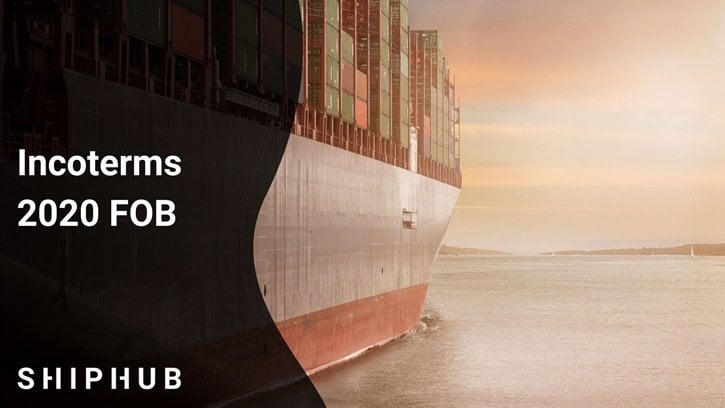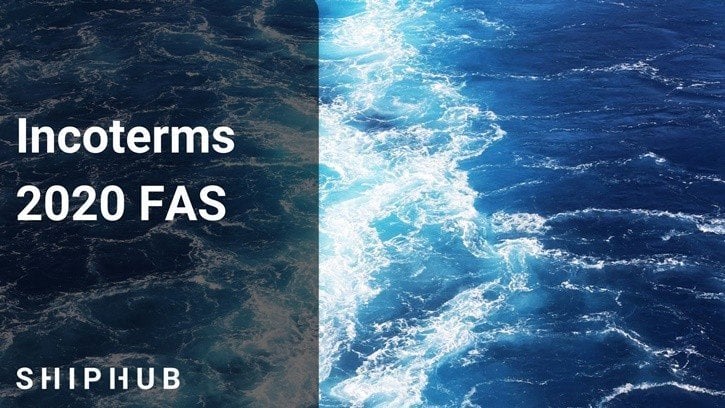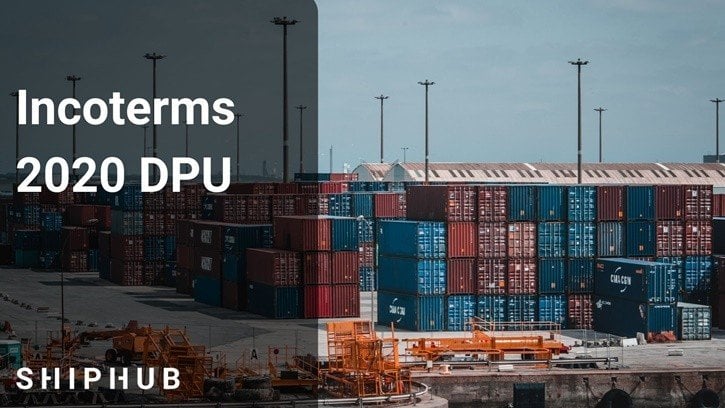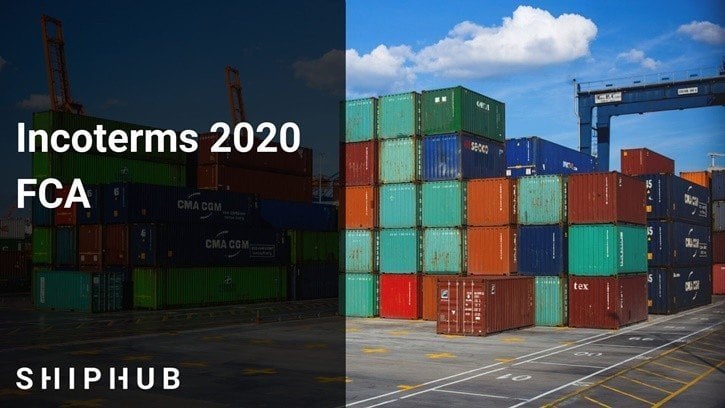Incoterms describe the rules of trade. It primarily defines the allocation of all factors, risk, and costs related to the transaction between the seller and the buyer. There will be changes in Incoterms from 2020. FOB Incoterms is one of the most frequently used rules in maritime transport. We describe Incoterms 2020 FOB. Let’s see what changes have taken place.
Incoterms 2020 FOB – Cost-sharing
| The seller takes the cost: | The buyer takes the cost: |
| cost of export clearance; | costs connected with the conclusion of a transport contract; |
| cost of delivering the goods to the ship; | costs related to import issues; |
| any costs associated with damage to the goods before loading them to the vessel. | cost of import clearance; |
| possible costs related to damage or theft of the goods after loading the products onboard. |
What are the obligations of the seller?
- The seller has to deliver the goods to the vessel at the place designated by the buyer. He also has to bear the costs involved.
- Obtains permission to export products.
- The seller shall be fully liable for any damage to the goods before loading to the vessel.
- Informs the buyer of all undesirable events that occur during the delivery of products to the ship.
- Informs the buyer that the goods have been delivered to the ship.
- He delivers sales notes.
- The seller is responsible for the export clearance and related costs.
What are the obligations of the buyer?
- The buyer is responsible for any damage to the goods and theft after the goods have been loaded into the ship.
- He bears the costs related to the conclusion of the transport contract and import issues.
- It shall inform the seller about designated port, the name of the vessel and the delivery date.
- Organizes import clearance and bears the associated costs.
Delivery of goods
The time of delivery shall be deemed to be the time when the goods are loaded to the vessel designated by the buyer, on the designed date, and in the form prescribed by the port authorities.
Insurance of the goods on Incoterms
Applying FOB rule the buyer and the seller have no obligation to conclude insurance contract.
Incoterms 2020 FOB in transport
FOB rules are used only and exclusively in maritime transport or inland waterway transport. The use of FOB is not recommended for containers transport. That’s the difference from Incoterms 2000, where FOB was also used for container transport.
FOB rules are often used in maritime transport.
In this case, the delivery documents are generally defined. It can be a sea waybill, helmsman’s receipt or a certificate of receipt, received from the forwarder.
FOB and other Incoterms rules
The FOB rule applies only to maritime transport. The rule is very often misapplied because it cannot be used to container transport (in this case, the FCA rule is recommended).
As we can see, the changes in this rule are negligible.





